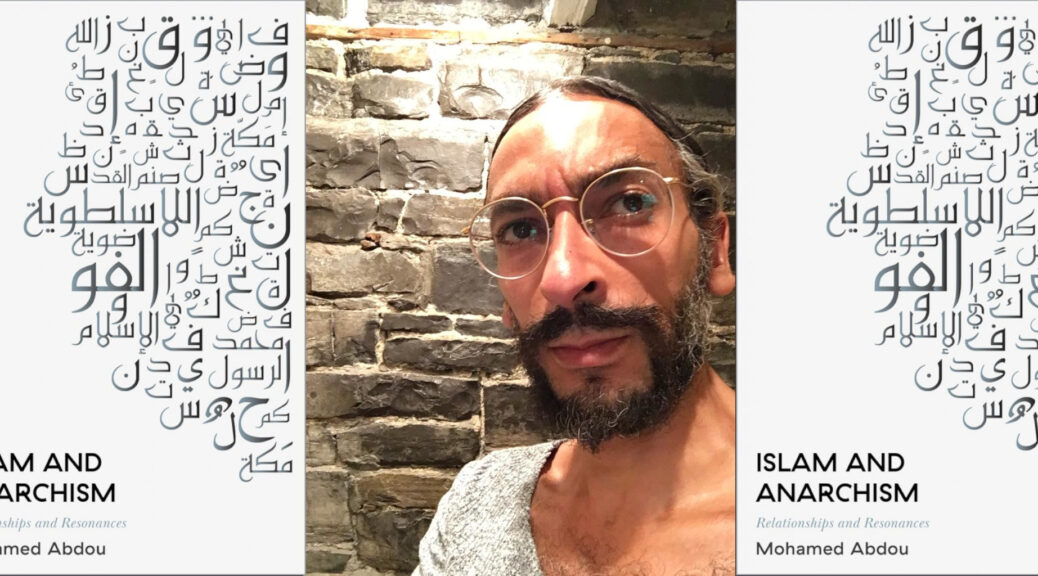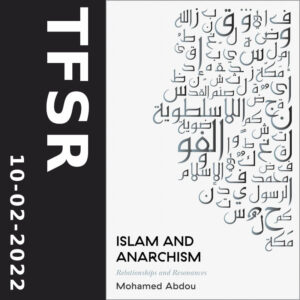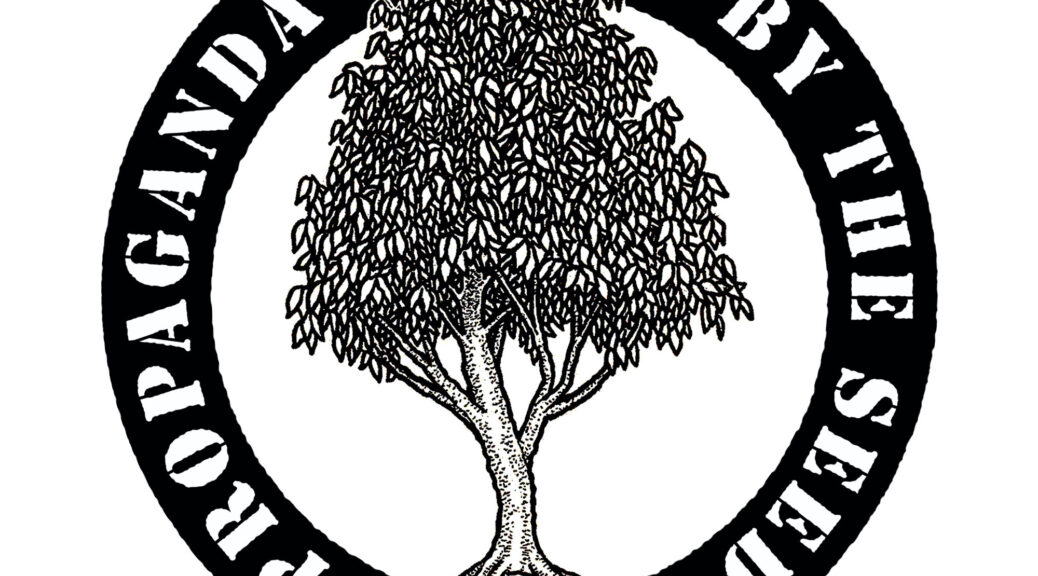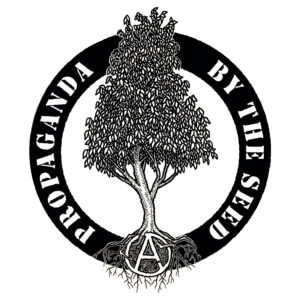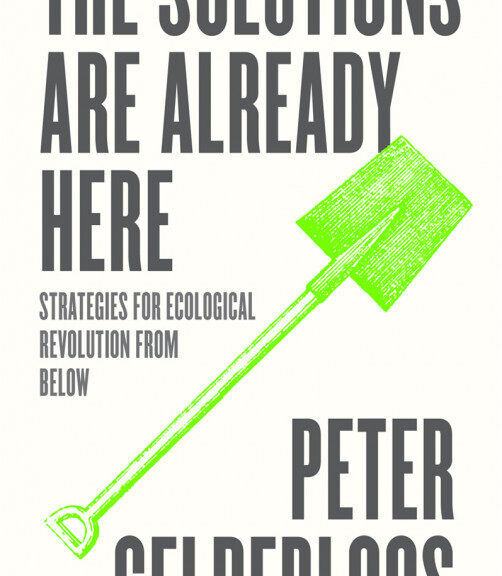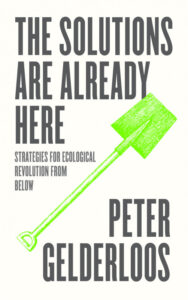Jewish Anti-Zionist in Palestine + Antifascists Repressed in Budapest
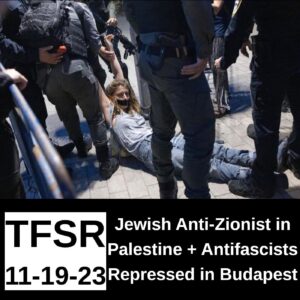
This week’s show features four segments: an announcement from IGD Podcast; an anti-Zionist Jewish voice from Palestine; an interview of two anti-repression activists on the harassment of two antifascist activists in Budapest, Hungary; Sean Swain’s segment.
Reflections of a Jewish Anti-Zionist from Palestine
First up, we’re featuring the voice of a Jewish anti-Zionist anarchist living in lands occupied by the Israeli state. We speak about some of his experiences of trying to resist the ongoing war against Palestinians, collaboration with Palestinian comrades against the occupation, the silencing of dissent during the escalation by the Israeli state and other topics. [ 00:07:28 – 00:50:13 ]
For a very thoughtful series of podcasts about the situation in Palestine, check out the two recent episodes of the Its Going Down podcast (1st and 2nd).
Link Suggestions:
- Ta’ayush: https://taayush.org/
- Free Jerusalem
- @FreeJerusalem on FB: https://www.facebook.com/freejerusalem/
- @free_jlm on IG: https://www.instagram.com/free_jlm/
- @Mesarvot on IG: https://www.instagram.com/mesarvot
- Refuser Network: https://www.refuser.org/
- Basel Adra: https://instagram.com/basilaladraa
- Ali Awad: https://instagram.com/ali_awad98
- Sami H Huraini: https://instagram.com/samihuraini
- Youth of Sumud: https://instagram.com/youthofsumud
- Awdah Hathaleen: https://instagram.com/awdah.hathaleen
- Ayman Graieb: https://www.tiktok.com/@ayman_graieb
Antifascists Repressed in Budapest
Following this, you’ll hear a segment by A-Radio Berlin (a co-member of the Channel Zero Network as well as the A-Radio Network with The Final Straw) about repression of antifascists recently under the far right Hungarian administration of Victor Orban. This also appeared in the November 2023 episode of Bad News, the monthly English-language podcast of the A-Radio Network. [ 00:52:10 – 01:05:53 ]
Further links
Sean Swain
Sean Swain’s segment this week airs at [ 01:05:57 ]
. … . ..
Featured Tracks:
- We Roll (Instrumental) by Pete Rock from We Roll
- Until Palestine Is Free by Angelic Upstarts from Bullingdon Bastards

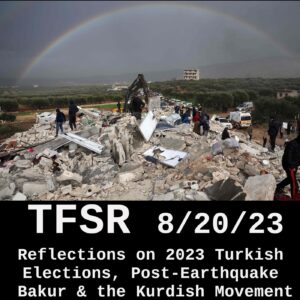
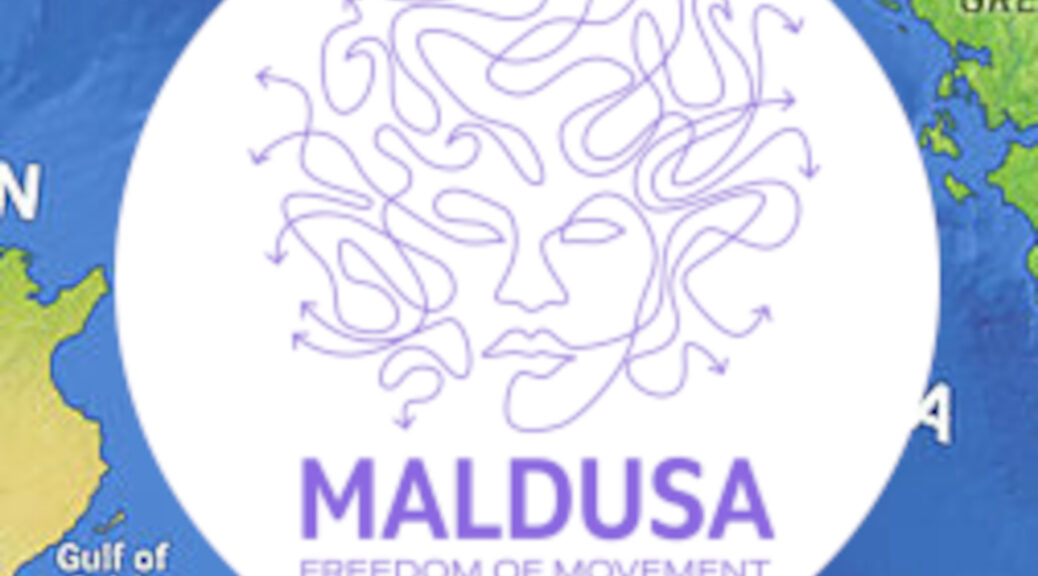
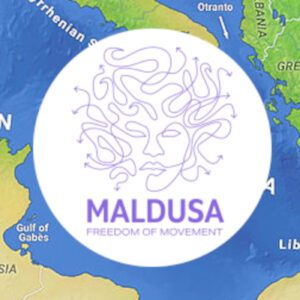
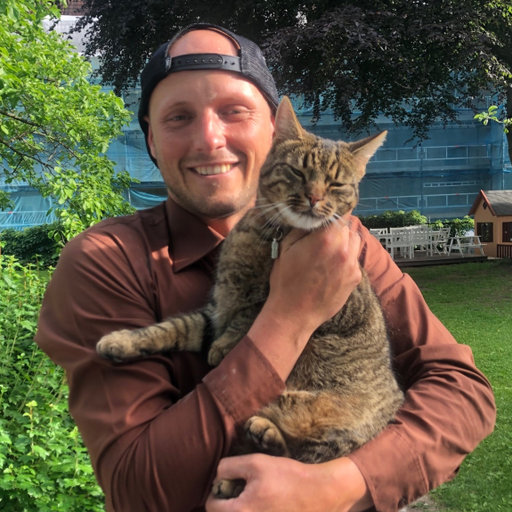

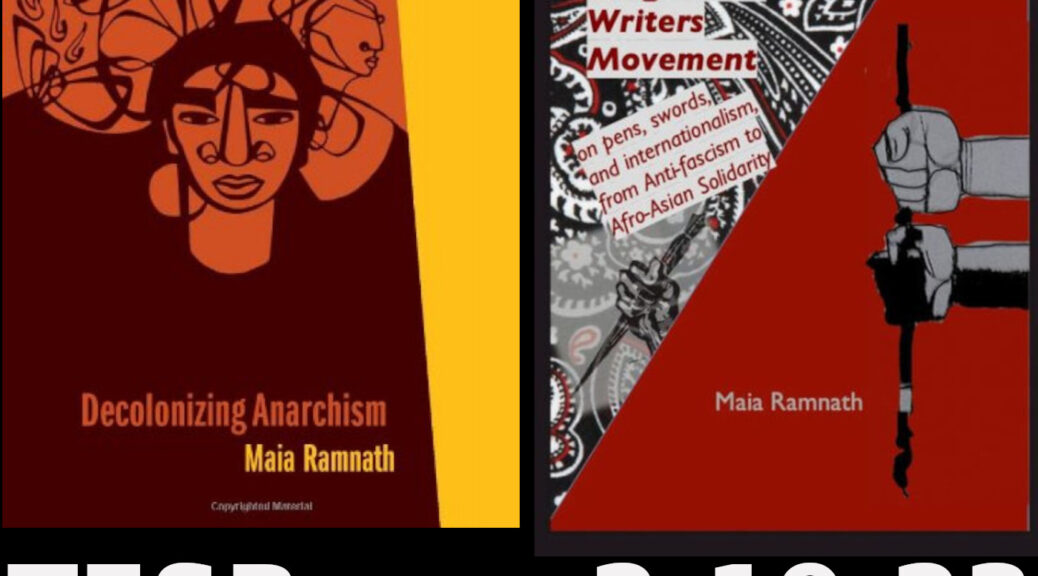
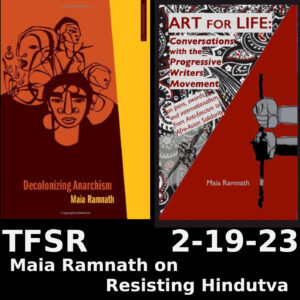
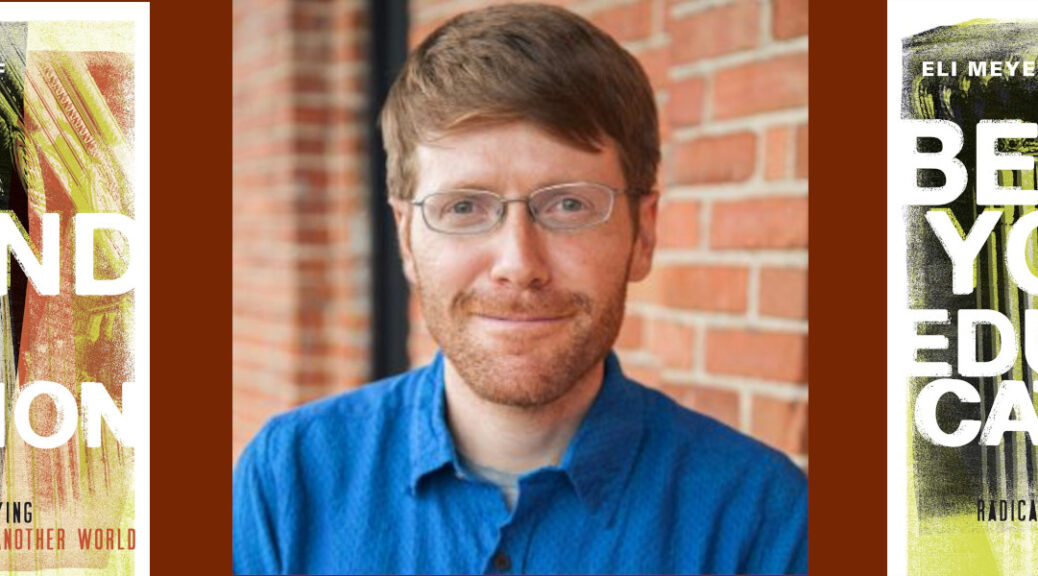
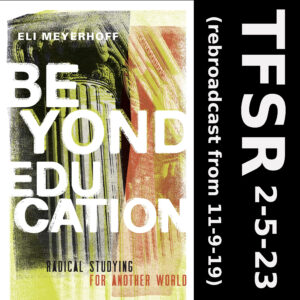
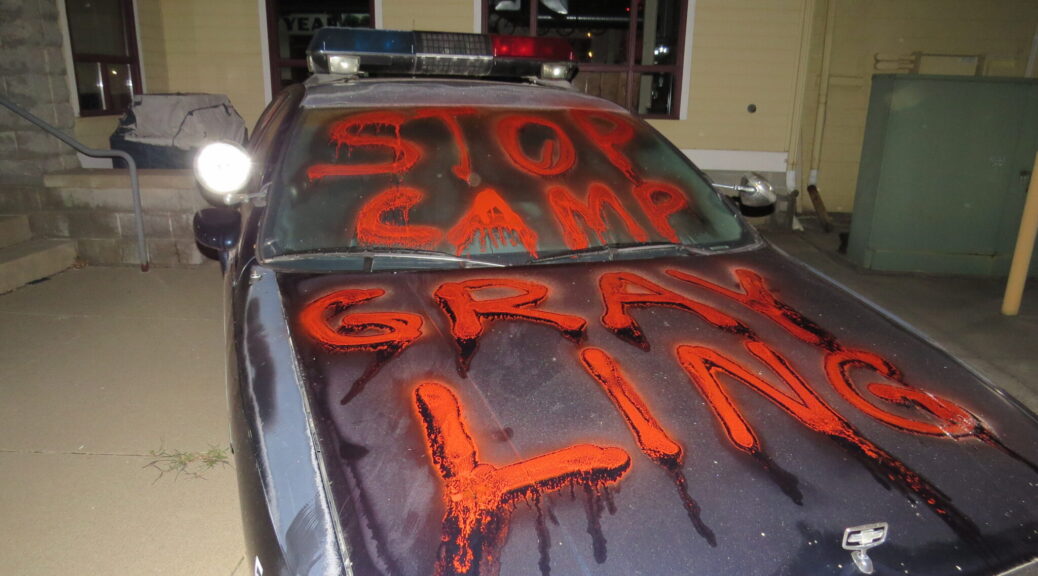
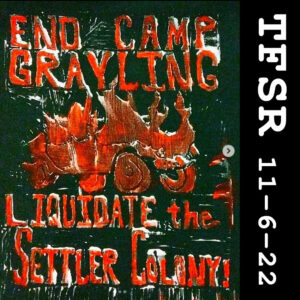
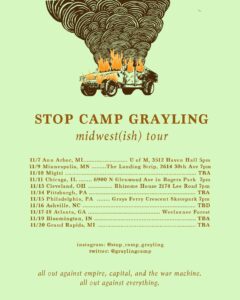 soon at a blog they’ll be starting or on one of their upcoming info tours, with more information in our shownotes. There is also a zine, entitled “The Base Among The Pines: Notes on the Camp Grayling Expansion on Anishinabewaki” available at
soon at a blog they’ll be starting or on one of their upcoming info tours, with more information in our shownotes. There is also a zine, entitled “The Base Among The Pines: Notes on the Camp Grayling Expansion on Anishinabewaki” available at 